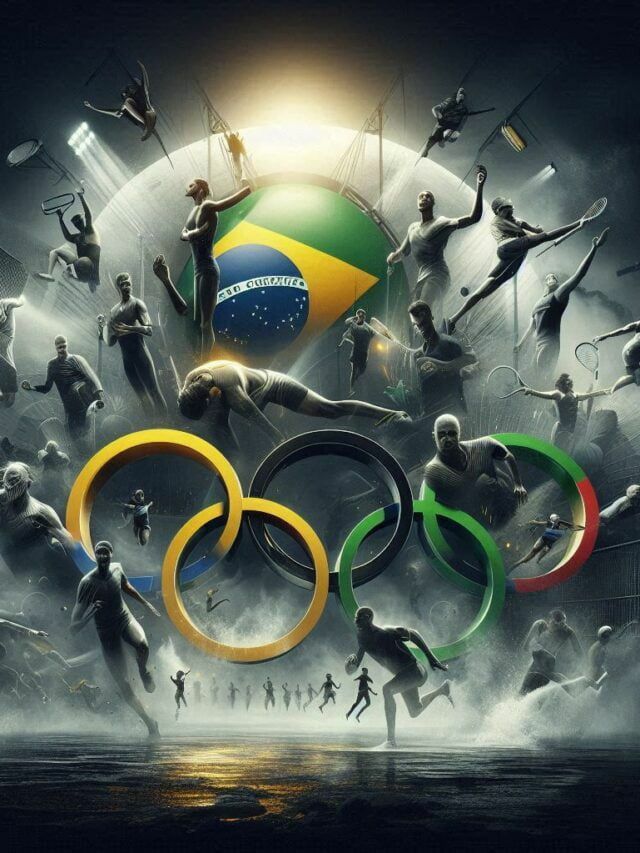The Economic, Political, and Personal Impact of Sport

- Repoter 11
- 24 Feb, 2025
Beyond the stadium, sports shape societies and have become a critical part of the global economy. Moreover, sport offers opportunities for personal growth and plays a role in political and social change. This article explores these broader impacts of sport. Sport is a major economic force. From local youth leagues to professional sports, the economic activities generated by sport are vast. The industry includes ticket sales, merchandise, broadcasting rights, sponsorships, and tourism, all of which contribute billions to the global economy. Major events like the Super Bowl, World Cup, and Olympic Games generate immense revenue for the host cities and countries. Moreover, the sports industry provides employment in a variety of fields such as coaching, event management, sports medicine, and media production. The financial footprint of sport extends beyond the playing field, impacting local economies through job creation and tourism. Sport has been used as a tool for political purposes for centuries. Governments and political organizations often harness the power of sports to promote national pride or political agendas. The Olympics, for instance, have long been used as a stage for political influence and propaganda. The Cold War period saw notable examples of political boycotts, with countries using the Olympic Games to express political resistance. Sport also plays a role in diplomacy. Sporting events such as "Ping Pong Diplomacy" in the 1970s between the United States and China illustrate how sport can foster international relations and break down political barriers. On an individual level, sport is a vehicle for personal growth. Participation in sports teaches essential life skills, such as teamwork, discipline, leadership, and resilience. Athletes learn to face challenges, recover from setbacks, and develop mental toughness. These lessons are not confined to the field of play but carry over into other aspects of life, such as work and personal relationships. For young people, sports provide a productive outlet for energy and serve as a means of developing self-esteem and confidence. Many athletes credit their success in life to the values and discipline learned through sports, demonstrating its power in shaping character. In conclusion, sport is not just an activity; it is a tool that impacts physical health, social bonds, cultural expression, economic development, and personal growth. Its reach extends far beyond the field, making it a cornerstone of modern life. Through sport, societies are connected, economies thrive, and individuals grow, underscoring the importance of sport in shaping the world.1. Economic Impact of Sport
2. Political Uses of Sport
3. Personal Development through Sport
Leave a Reply
Your email address will not be published. Required fields are marked *




